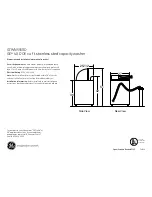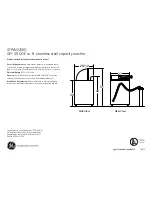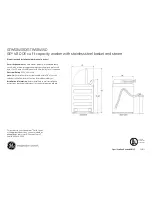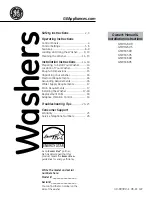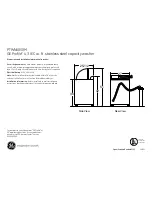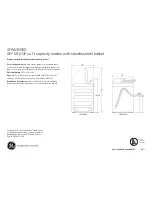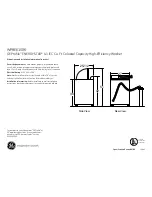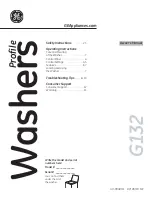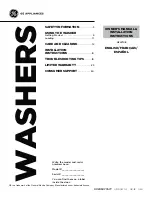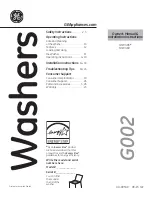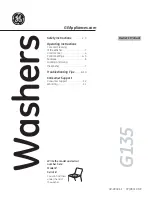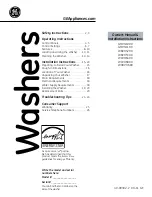
Loading the Dishwasher
en-us
17
Glass and silverware
damage
Causes:
■
Glass type.
■
Type of dishwasher detergent.
■
Water temperature of the wash
cycle.
Recommendation:
■
Use only glasses and porcelain
which the manufacturer
designates as dishwasher-safe.
■
Use a detergent which protects
silverware.
■
Use less intensive wash cycles
and take glass and silverware
out of the dishwasher as soon as
possible after the wash cycle
ends.
Loading the racks
For best dishwashing results,
observe the following when loading
the dishwasher:
■
Do not pre-wash items with
loosely attached food soil.
■
Remove all food particles, bones,
toothpicks and excessive grease.
■
Pre-treat items having burned-on,
baked-on or starchy soils.
■
Load dishes in the dishwasher
racks so the insides of bowls,
pots and pans are facing the
spray arms.
■
Avoid nesting and contact points
between dishes.
■
Separate items of dissimilar
metals. Use care to not block
movement of the spray arms.
■
Only wash household dishware
and kitchenware rated as
dishwasher-safe.
Refer to the Dishware Materials
section for more information
about dishware suitability.
NOTICE
To avoid dishwasher damage, do not
load the dishwasher with paper
products, plastic bags, packing
materials or anything other than
normal, dishwasher safe dishware
and kitchenware.
Loading the upper rack
Ensure items do not protrude through
the bottom of the racks and block the
spray arms.
Note:
When pushing the upper
rack
12
into the dishwasher, push it
until it stops against the back of the
tub so the upper rack spray
arm
1:
connects to the water
supply at the back of the tub. Do not
push racks in using the door.
Loading the lower rack
Place large items in the lower
rack
9"
. Load pots, pans and bowls
upside down. Do not block the vent
hole
1J
with tall baking sheets.
Load these items on the right side of
the dishwasher.































